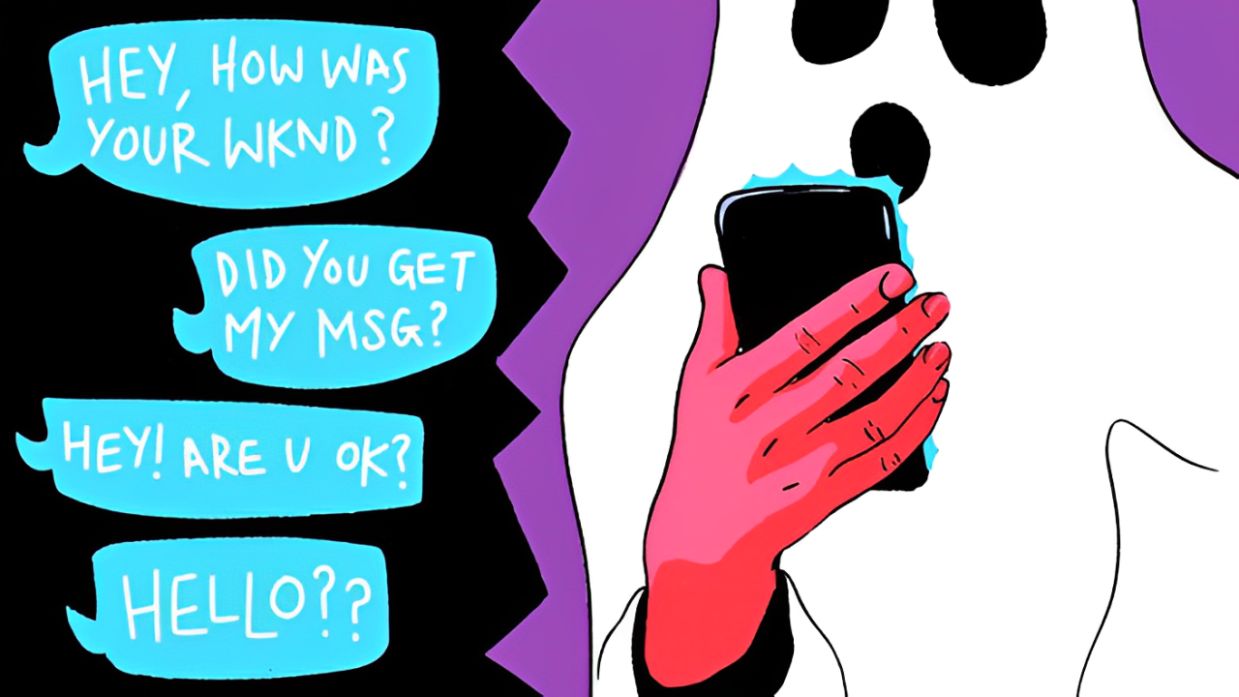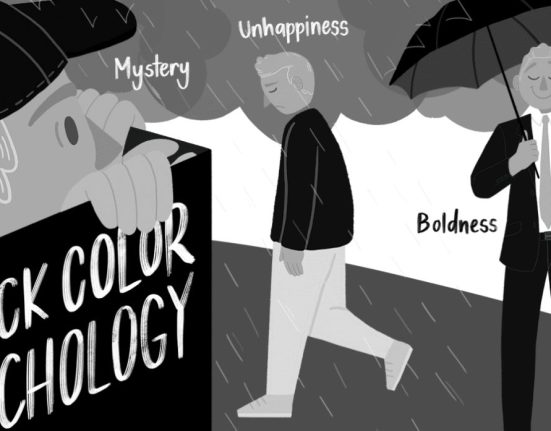Ghosting has emerged as a cultural phenomenon that afflicts relationships, encompassing both romantic and non-romantic connections, within a society marked by rapid digital communication and fleeting romantic encounters. Upon encountering a someone, engaging in playful and teasing conversation, and thereafter embarking on romantic outings, one may find themselves confronted with a lack of communication. This is a situation that is well recognised by a large number of individuals. This blog explores the phenomenon of ghosting, examining its underlying causes and providing strategies for managing the resulting emotional consequences.
The phenomenon of ghosting extends beyond romantic interactions. The issue at hand is of a pervasive nature, exerting its influence across several domains of human existence, encompassing not just interpersonal relationships but also professional networks. Despite the prevalence of cellphones and the ability to be connected at all times, the phenomenon of individuals completely vanishing without leaving any evidence continues to persist without any indication of diminishing. Based on a poll conducted by Plenty Of Fish, it has been found that a significant majority of individuals belonging to the millennial generation, specifically 80 percent, have experienced the phenomenon of being “ghosted” on at least one occasion.
The Influence of Technology
The proliferation of technology, namely mobile devices, has revolutionised our modes of communication and patterns of social engagement. Regrettably, it has also impeded our ability to navigate uncomfortable in-person conversations. Based on empirical research, contemporary youth exhibit a diminished level of ease while engaging in face-to-face interactions, hence resulting in a lack of readiness to navigate challenging dialogues. Within this particular context, the act of ghosting emerges as a strategy employed to circumvent uncomfortable dialogues.
The Phenomenon of Ghosting
The act of ghosting someone often stems from a want to evade confrontation and unease. Individuals who engage in ghosting behaviour may have the belief that they are providing a service to the other party by protecting them from distressing realities. Moreover, the prevailing phenomenon of hook-up culture, typified by a dearth of commitment, serves to exacerbate this phenomenon. It is commonly held by individuals that they can evade any negative repercussions if they adopt a state of emotional detachment.
A Psychological Perspective
According to scientific study, ghosting causes psychological suffering similar to physical pain. Being alienated, angry, and hopeless affect basic human needs for social connection, self-worth, and meaning. The experience of rejection elicits profound emotional distress, which can be partially alleviated through the use of pharmaceutical interventions.

Coping with Ghosting
Coping with the emotional consequences of ghosting is a complex challenge, although there exist strategies that can assist individuals in navigating this experience.
Recognising and embracing the experience of mourning is of utmost importance. One should permit oneself to experience emotional vulnerability, allowing for the expression of pain, tears, or emotions through constructive means such as engaging in artistic endeavours, physical activity, or written expression.
Rather than fixating on one’s unfavourable self-perceptions, it is advisable to directly address and confront them. Substitute self-deprecating beliefs with affirming and encouraging statements.
Engage in self-care practises that foster a stronger connection with oneself. Engaging in mindfulness practises, participating in therapy sessions, maintaining a journal, and engaging in gratitude exercises have been found to be effective strategies for bolstering one’s self-esteem and cultivating resilience.
A Shift in Perspective

Finally, getting ghosted does not indicate one’s worth or relevance. The disappearance is generally blamed on the perpetrator. One can attain a state of tranquilly and alleviate oneself from feelings of self-reproach by re contextualising ghosting as a manifestation of the ghoster’s character.
Each and every experience, regardless of its level of unpleasantness, offers a significant lesson and a chance for individual advancement. The process of overcoming the emotional distress caused by ghosting can potentially facilitate a profound introspective exploration, resulting in an enhanced comprehension of one’s own identity and an elevated perception of personal value. By prioritising self-love and positive personal growth, individuals have the potential to develop increased strength, resilience, and self-improvement, so transcending the negative effects of ghosting.

Also Read: From Telos to Ambiguity: How Modernity Reshaped Art and Society









Leave feedback about this